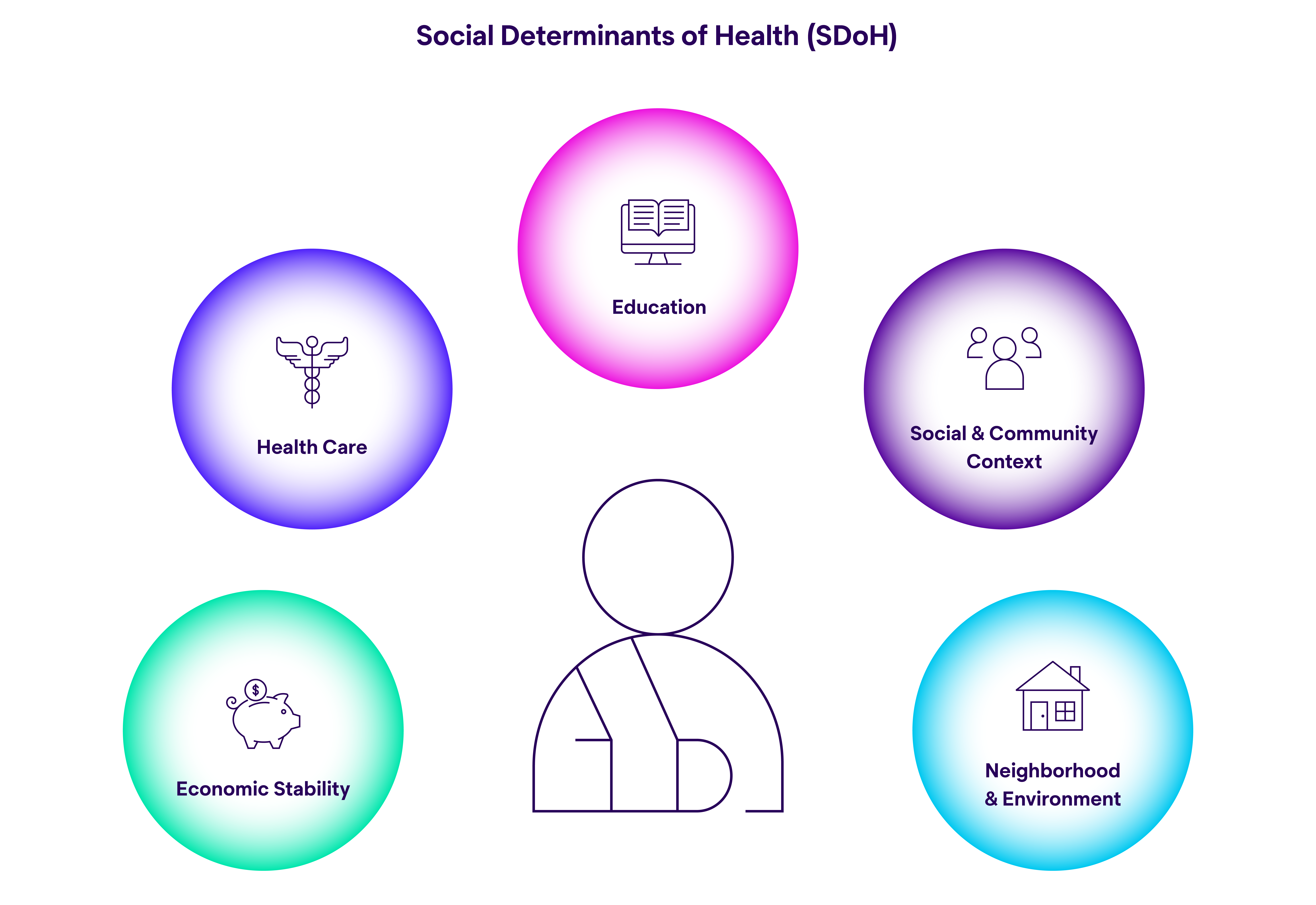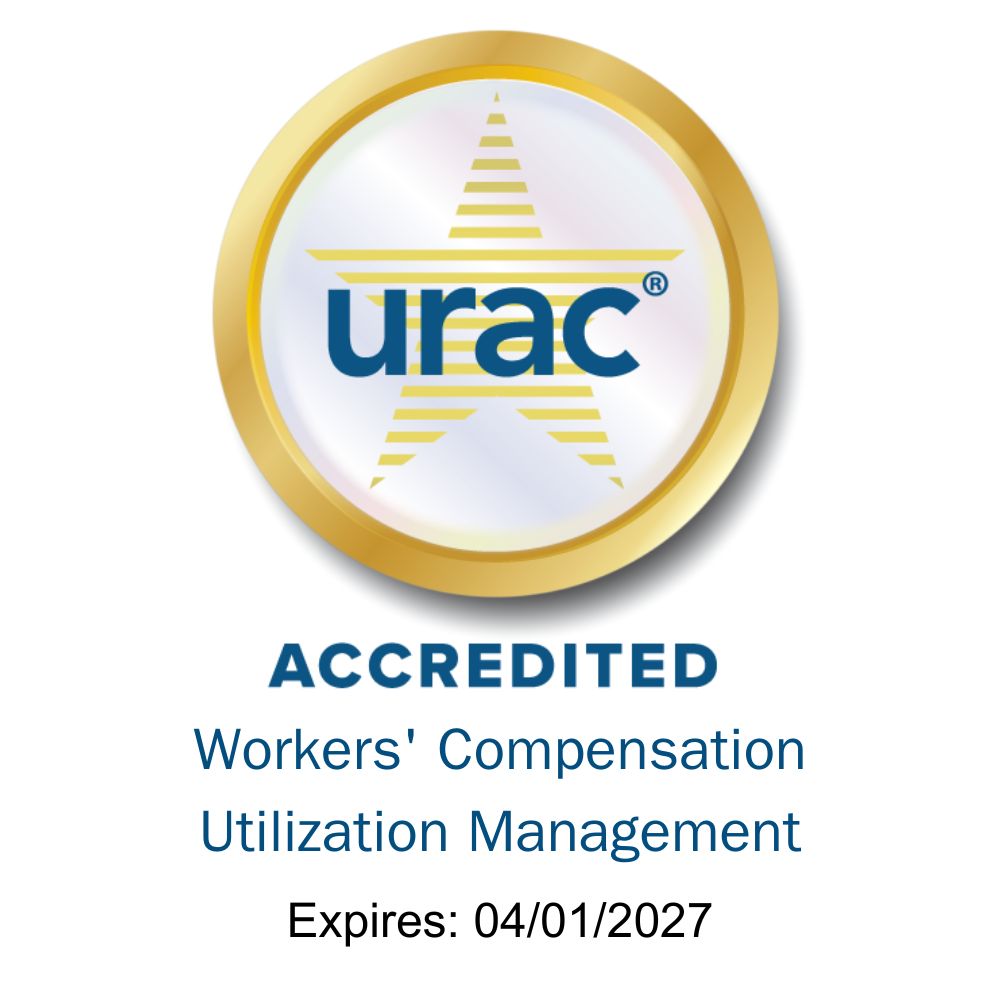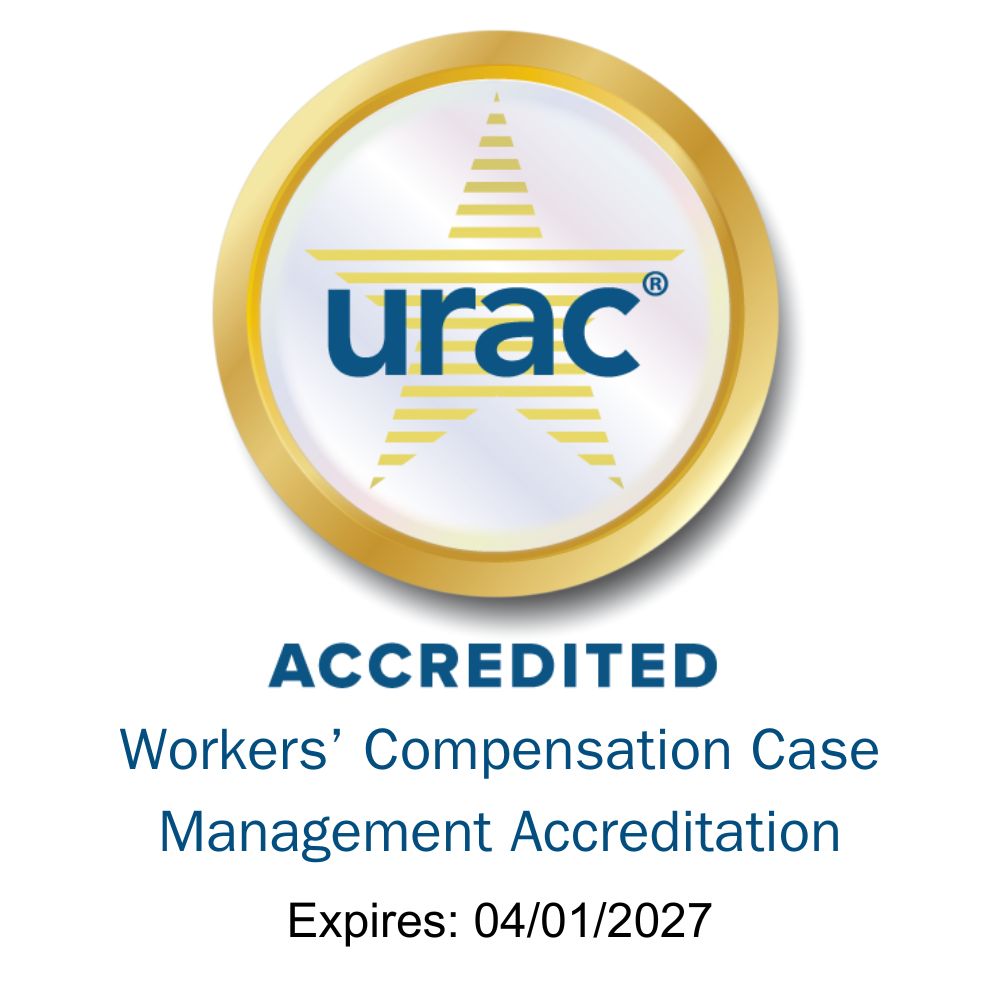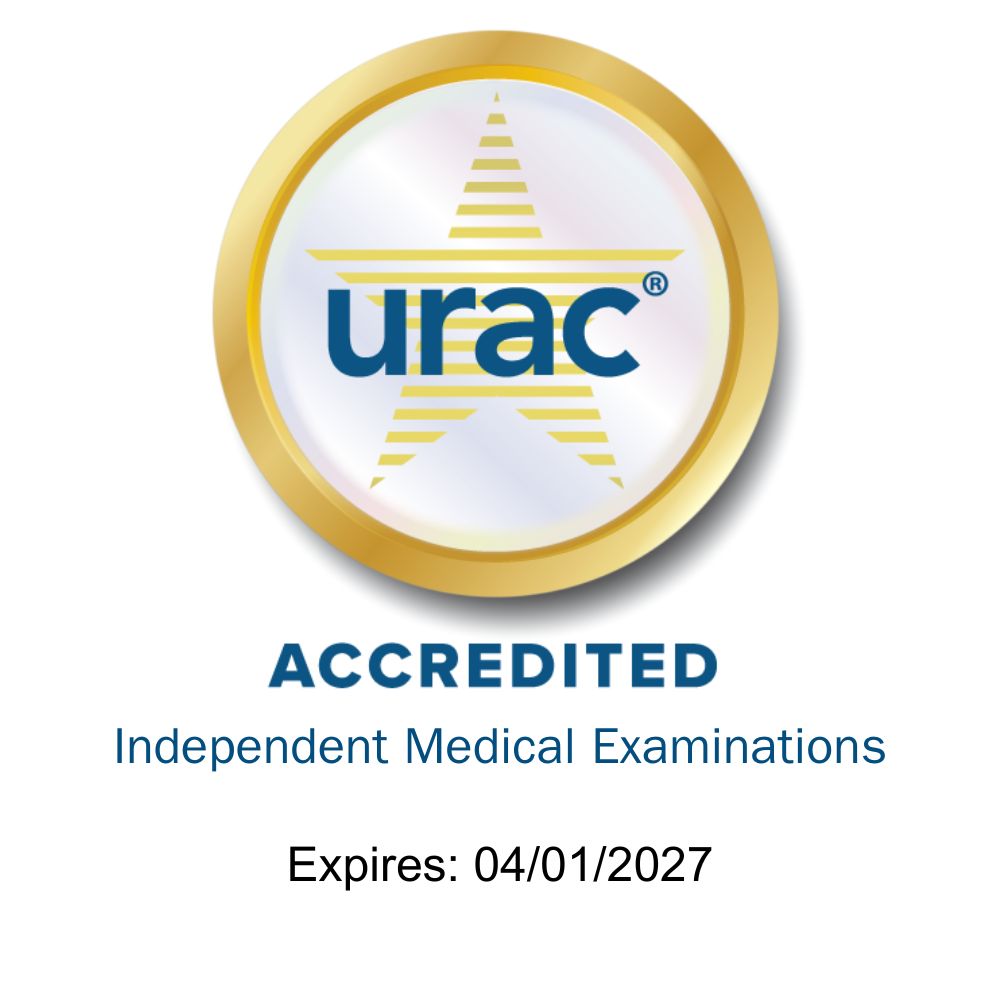How Personalized Care Leads to Faster Recovery Times
In recent years, terms such as advocacy, engagement, coaching, and even “whole-person approach” have gained much attention within workers’ compensation—for good reason. Helping an injured employee on the road to recovery can be complicated and a “one-size- fits-all” approach is not effective.
The discussion around a whole-person approach generates important questions such as, “How do we deliver a personalized experience and meet injured employees where they are in their journey to recovery?” Social determinants of health (SDoH) are a big part of the answer as studies on this topic estimate that the health care one receives only impacts 10 to 20% of health outcomes.
Given that, it only makes sense to examine SDoH and its impact on recovery and return to work. As we do this, we should look for ways to align our care management approach to identify and address non-medical barriers.
The World Health Organization defines SDoH as “the conditions in which people are born, grow, live, work and age” and those conditions, in turn, are “shaped by the distribution of money, power and resources.” Social determinants can positively or negatively affect one’s health.
For case managers, it is hard to ignore social determinants of health even if they have not always applied that term to what they are observing. Case managers get to know injured employees and their families on an intimate level. They can help ensure clinical programs avoid the pitfalls of only treating the primary diagnosis. In addition, they can look at the whole person and identify those SDoH that might be impeding recovery.
These efforts are designed around meeting injured employees where they are and understanding that the challenges they face allow us to help them achieve the best-possible outcomes. If we have deeper knowledge of the circumstances that surround injured employees we can intervene in ways that are more impactful. Plus, we know how important trust is in injured employees’ recoveries. Most will appreciate that we are showing interest in their circumstances. Understanding the social determinants of health is crucial to understanding employees and seeing their path to recovery.








